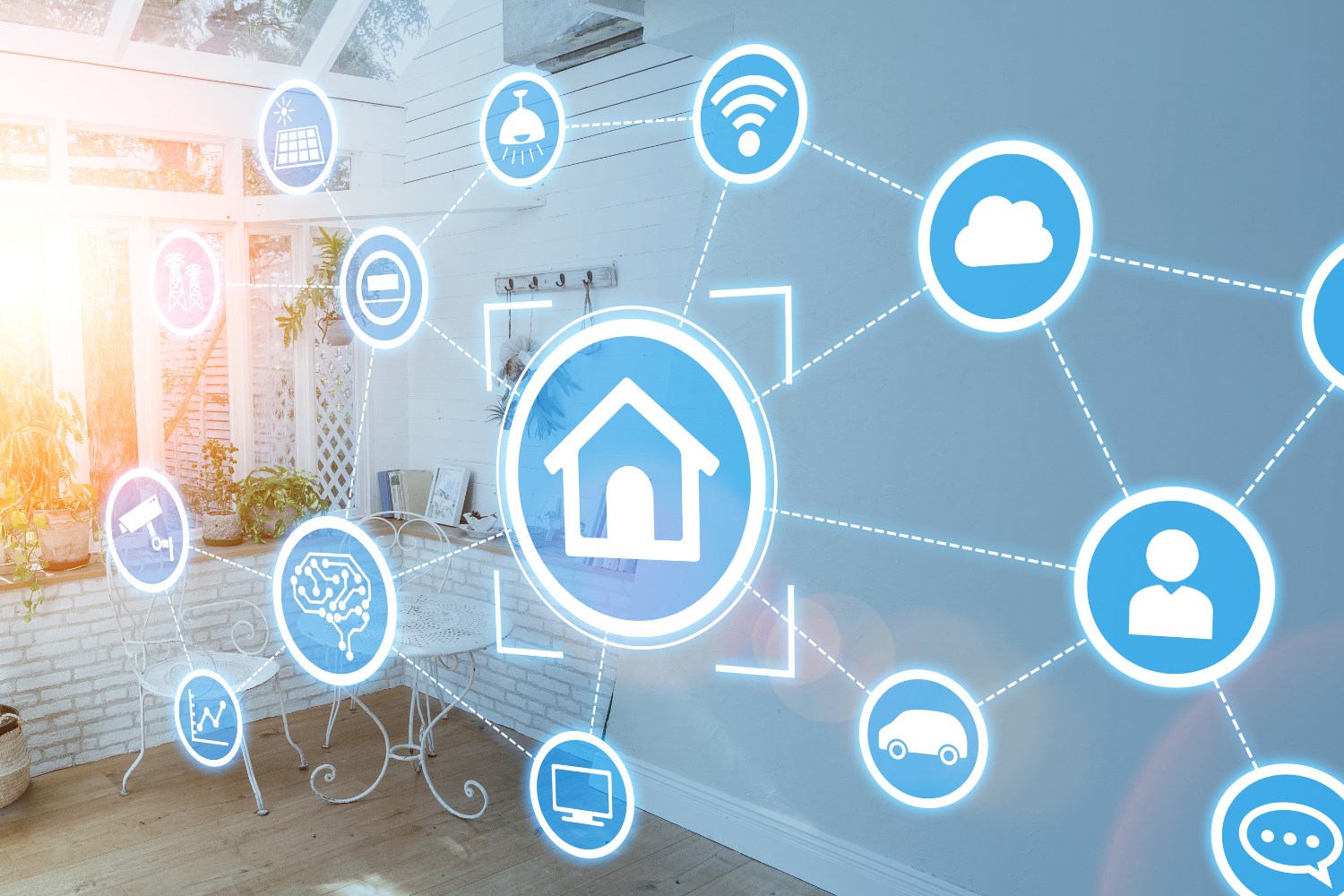In recent years, the real estate landscape has witnessed a transformative wave driven by advancements in smart home technology. From automated security systems to energy-efficient appliances, the integration of intelligent devices is reshaping the way we live and, consequently, the value of our homes. In this blog post, we will delve into the latest trends in smart home technology and explore their profound influence on property values.
1. Enhanced Security Features:
One of the primary drivers of the smart home revolution is the focus on security. Homeowners are increasingly adopting advanced security systems that offer real-time monitoring, smart locks, and facial recognition technology. These features not only provide an additional layer of protection but also contribute to an increase in property values. Prospective buyers are willing to invest more in homes equipped with state-of-the-art security systems, recognizing the importance of a secure living environment.
2. Energy Efficiency and Sustainability:
As the world grapples with environmental concerns, there is a growing emphasis on energy-efficient and sustainable living. Smart homes are incorporating technologies such as smart thermostats, solar panels, and energy-efficient appliances to reduce the environmental footprint and lower utility costs. Homebuyers are increasingly drawn to properties that prioritize sustainability, leading to an uptick in demand for homes equipped with these eco-friendly features.
3. Integration of Artificial Intelligence (AI):
Artificial Intelligence (AI) is playing a pivotal role in shaping smart homes. AI-powered virtual assistants, like Amazon’s Alexa and Google Assistant, have become central to home automation. These systems can control various aspects of the home, from adjusting the thermostat to managing lighting and even ordering groceries. The seamless integration of AI not only enhances convenience but also contributes to the overall appeal and desirability of a property.
4. The Rise of Smart Lighting and Home Automation:
Smart lighting systems have emerged as a popular trend in modern homes. These systems allow homeowners to control lighting remotely, create ambiance, and even set schedules for different lighting scenarios. The integration of home automation further enhances the living experience by enabling the control of various devices through a centralized system. Homes equipped with these technologies are perceived as more modern and luxurious, leading to an increase in property values.
5. Health and Wellness Technologies:
The global pandemic has heightened awareness around health and wellness, influencing the smart home technology landscape. Homes are now incorporating air quality monitors, water purification systems, and smart appliances designed to promote a healthier lifestyle. These features are not only attractive to health-conscious individuals but also contribute to the overall market value of a property.
6. Connectivity and Smart Home Ecosystems:
The concept of a connected home ecosystem is gaining traction. Smart homes are now equipped with interconnected devices that can communicate seamlessly. From smart refrigerators that create shopping lists to integrated home security and entertainment systems, the interconnectedness of these devices enhances the overall living experience. Properties with a well-established smart home ecosystem command higher values in the real estate market.
In conclusion, the integration of smart home technology is transforming the real estate industry by redefining the concept of a modern home. The latest trends, ranging from enhanced security features to the rise of AI and sustainable living, are influencing property values and shaping buyer preferences. As the demand for smart homes continues to rise, homeowners and real estate professionals alike should stay attuned to these trends to remain competitive in the ever-evolving market. Embracing smart home technology not only enhances the quality of living but also positions properties as forward-thinking and valuable assets in the real estate landscape.

